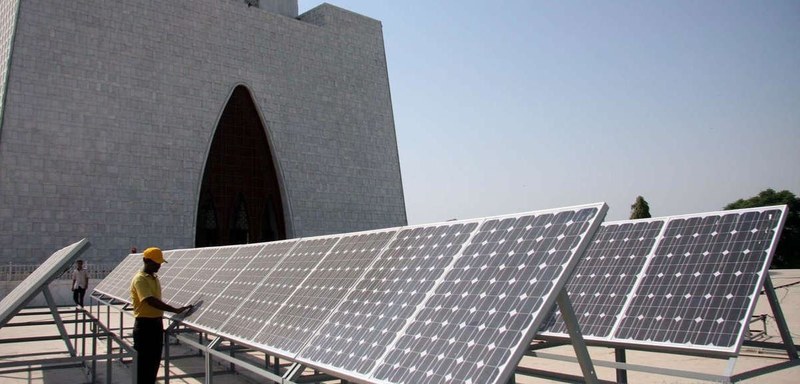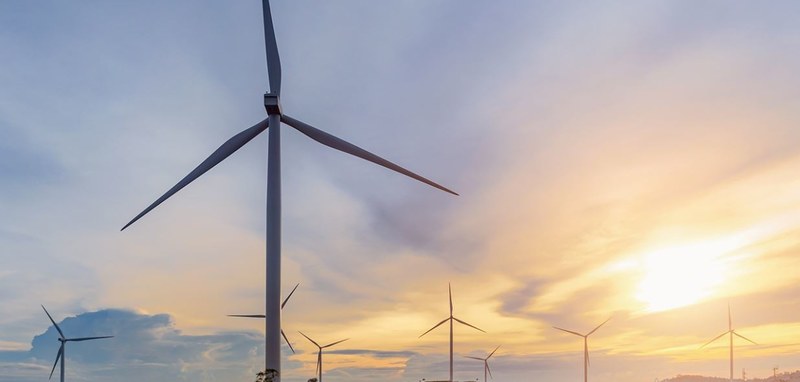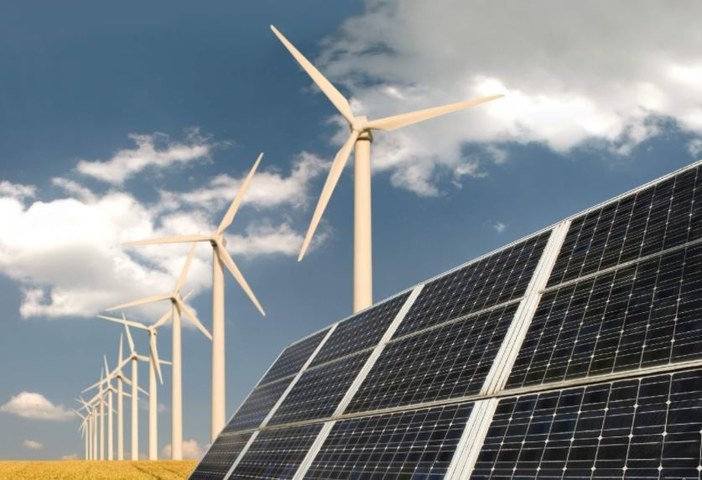In the past few years, talk about climate change has risen immensely. Governments, media and citizens are concerned, major trade deals hinge on climate related issues, and so the question arises, why? The answer is simple, we are being affected by this change more and more every year.
For a country like Pakistan with a considerably huge population, this issue becomes increasingly important.

A recent study by (WB) the World Bank suggests that a crucial expansion of variant renewable energy (VRE) could benefit Pakistan by saving up to US$5 billion in costs over the next 20 years, primarily from reduced fuel consumption.
Pakistan has to consider urgently implementing a major expansion of solar and wind “variable renewable energy,” to attain a share of at least 30 percent of total capacity by 2030. If implemented this can help drop the cost of power, achieve greater energy security, and lessen greenhouse gas (GHG) emissions.
The study called ‘Variable Renewable Energy (VRE) Integration and Planning’ has stated that “Pakistan should quickly implement a major scale-up of solar and wind generation.”
“A large and sustained expansion of solar photovoltaic and wind power, alongside hydropower and substantial investments in the grid, is both achievable and desirable,” World Bank Country Director for Pakistan Najy Benhassine has stated.

“Such an initiative would lead to immediate and long-term economic and environmental benefits. It would enhance the security of supply as well as positioning Pakistan at the forefront of the global energy transition. We stand ready to support Pakistan in achieving the goal of affordable, reliable power for all by 2030,” he added.
This specific study has found that generating fossil fuels should either come to a halt or be reduced since it is not as competitive as it used to be. Using imported and domestic coal is an option but it would be more of an economical disadvantage for the coming years, causing more air pollution, extra use of water resources and increased Greenhouse Gases (GHG) emissions compared to VRE. The study itself was analyzed strategically to find the best sustainable, substantial and capacity expanding option. The study found VRE to be the most viable and economical option expanding energy capacity in Pakistan.
“We understand that for achieving the renewable energy targets set through Alternative and Renewable Energy Policy 2019, we need to make sufficient investments in the transmission system, including modern automation and control systems and a reliable forecasting system,” National Transmission & Despatch Company (NTDC) Managing Director (MD) Dr. Khawaja Riffat Hassan expressed.

He added that, “We are convinced that with political commitment, investment in technical capacity and planning tools, and flexibility on the part of existing operators and investors, Pakistan is in a strong position to reap the benefits of greater reliance on our indigenous resources of solar and wind.”
Considering that Pakistan is an emerging market, changing its reliance towards renewable energy could play a crucial role in uplifting the economy and equip the country with the right tools to transform from a developing country to a developed one.